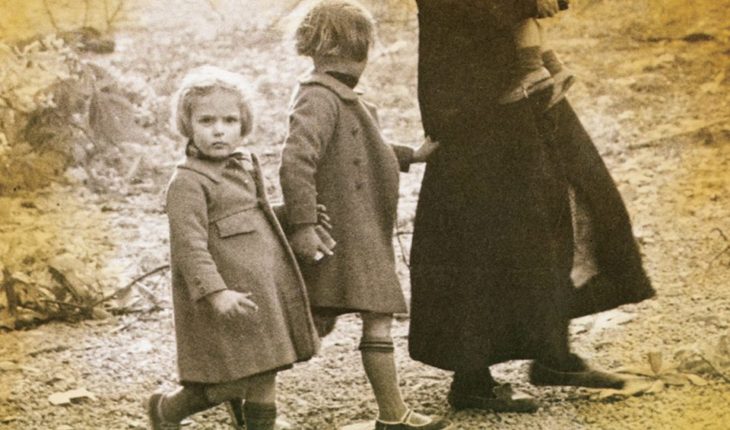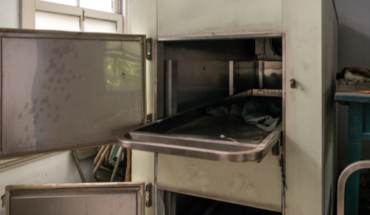to 73 years of having completed the second world war, are stories of people who, despite the dangers of dying killed, faced obstacles to protect other lives above the his, as it is the case of Irena Sendler, a woman who during the second world war was a social worker and created a network of social workers in Poland, to save thousands of lives.
In this network the social workers, which in part were Christian, Catholic and part began as a network of support from health to help the Jews of Warsaw and, later, they were part of the formation of an auxiliary network of social workers who helped to save approximately 2 thousand 500 children of the Warsaw ghetto, said in an interview for political Animal, the American author of the children of Irena, Tilar J. Mazzeo.
Seven decades of the tragedy that marked the history of mankind with a war where men, women and children were killed in mass, the reality in today’s world shows that you are not far from what lived thousands of Jews, who migrated to be saved.
For the author of the children of Irena, it is necessary to talk about the stories of the war, its men and women. He explained that the reason why writes of a woman in the Warsaw ghetto is that there was simply no men. “Young Polish men did not let them in Warsaw, the Germans sent them to labor camps and concentration camps to do hombre´ ´labor, as it was called at that time”.
In this case, the story of Irena represents a great social responsibility in a political Tempest as the Holocaust, in which he tells “the story of an ordinary person who arrives to change the narrative of his personal history and that of so many people that he came to salv ar”.
Relive history rebuild Irena character represented a great challenge for Tilar Mazzeo. At that time, was not allowed to tell the story of characters as Irena, until after the war, when it was possible to get a list of more than 14 pages with the names of people who were part of this network of support, one of the tools of documentary filmmakers used e LLA to reconstruct the life and work of this character.
At the same time Tilar trying to write the history of Irena, also need for the reader to understand that she was only a fraction of what was happening, why it becomes so valuable to know its history, because there were more people like Irena in the try to help others in times of war, despite the language, origin and religion.
“What fascinated me of Irena was the way her – for years-every day got up and got in a personal danger and how overcame it.”
Tilar, would have liked to know that, if she had been in that same situation, when less a day in his life, having had the courage to know that will do the right thing.
Relive from historical documents Mazzeo spent two years of full time research and narrative in the character of Irena Sandler, where to rebuild the historical part is based on files that are in Poland and Israel, then drew much of the information that he had.
In addition, he managed to track down the daughter of Irena who interviewed. He also managed to find several of the children who she saved, as well as interviewing the children of people in the support network of Irena, who are still alive.
Other bibliographic resource that was of great help to Mazzeo was the autobiography that Irena wrote. Although, the most important resources that rescued Tilar were photographs and maps and information of the ghetto “that necessarily had to do with the personal story of Irena and the children, but it was documentation of how life in the ghetto was at that specific time”. So he could describe in a more precise way how they lived there.
Tilar Mazzeo was born in the United States in 1971, is a cultural historian, biographer and scholar passionate about French culture. In addition, specializes in telling stories of women in history, using a literary resource which, in United States – the life of a person using fictional elements to tell truths is known as historical narrative or “non fiction”, i.e., tells historical.
With permission of the author Pilar Mazzeo and Aguilar Publishing House, Animal politician gives you the first chapter of this history in the children of Irena.




